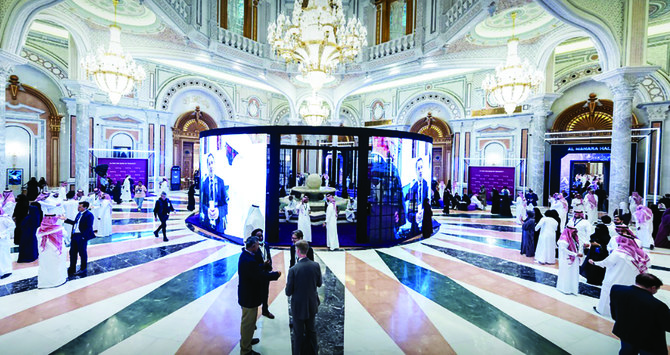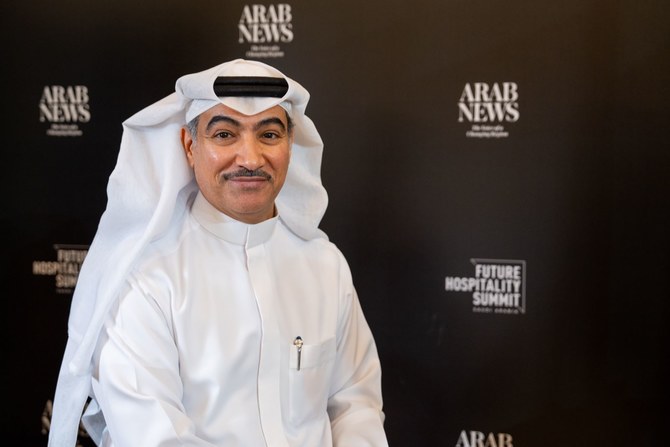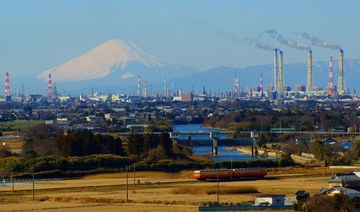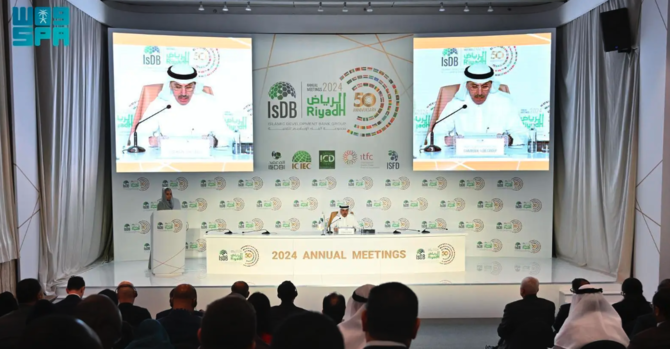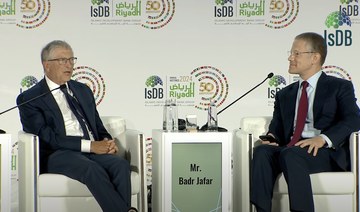RIYADH: Norway-based Global IT services company Crayon is fully invested in the future of Saudi Arabia’s artificial intelligence sector as its CEO forecasts the industry will contribute to 12.4 percent of the country’s gross domestic product by 2030.
During the second Global AI Summit held in Riyadh, Ziad Rizk, the CEO of Crayon Middle East and Africa, told Arab News that the Kingdom is an ideal location for the company to incubate its operations to meet the demand of the entire MEA region.
“Around $360 billion will be spent on AI across the Middle East and Africa. But specifically, when you look at the Kingdom, we believe that AI will represent around 12.4 percent of the total GDP by 2030,” Rizk told Arab News.
“Accordingly, this is where we are investing ahead of the curve, trying to lead and to support the Kingdom’s journey in that direction,” he added.
HIGHLIGHTS
• CEO of the company forecasts the industry will contribute to 12.4 percent of the country’s gross domestic product by 2030.
• The Kingdom is an ideal location for the company to incubate its operations to meet the demand of the entire MEA region, he says.
• Crayon also announced the opening of its Regional Digital Transformation office in Riyadh during the event.
• The company, which helps customers understand software assets and utilize and reduce software costs, already has over 4,500 customers across the MEA region.
Rizk explained that the company will support the sector through multiple areas by leveraging its global expertise in the Kingdom, as well as establishing a local talent pool in collaboration with the government and universities.
“The third pillar is to work with the startup community and the scale-up companies that are really on the cusp of growing exponentially, and helping them branch out beyond the Kingdom, across the Middle East and Africa region,” he added. Crayon also announced the opening of its Regional Digital Transformation office in Riyadh during the event.
Founded in 2002, the company, which helps customers understand software assets and utilize and reduce software costs, already has over 4,500 customers across the MEA region.
Rizk said that Crayon’s existing customer base in Saudi Arabia consists of large businesses and entities ranging across sectors like oil, electricity and aviation.
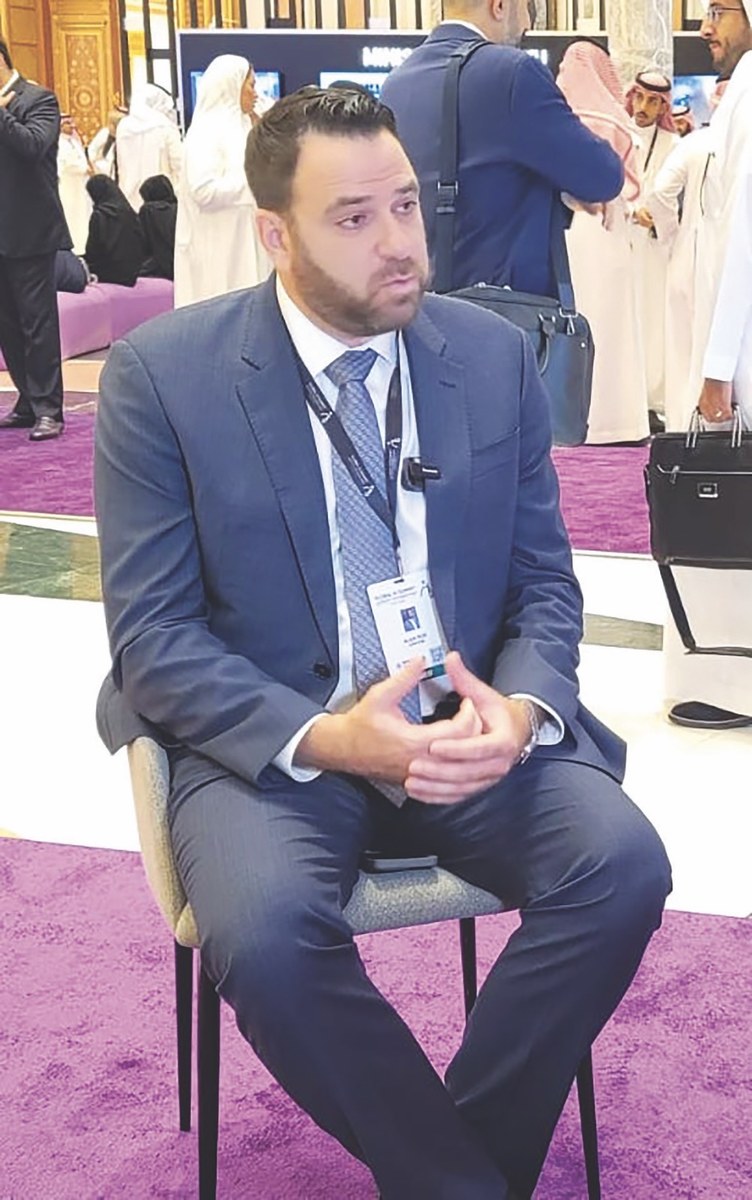
Ziad Rizk, the CEO of Crayon Middle East and Africa. (AN Photo)
Lauding the Saudi market, Rizk stated that their customers in the Kingdom were high in expertise as well as agile in pursuing their ambitions. Rizk believes that startup companies will play a huge role in boosting the Kingdom’s AI sector and the company is planning to support them.
“The startup community is really good at identifying a key technical problem, and then putting a lot of focus on solving it, but these companies face challenges on the business side, and this is where we engage with them,” he said.
Crayon was awarded the global partner of Data & AI in 2019 by Microsoft as well as Partner of the Year for Saudi Arabia in 2021.
The company has also seen 180 percent growth year over year and Rizk is expecting this to continue for at least three years.


